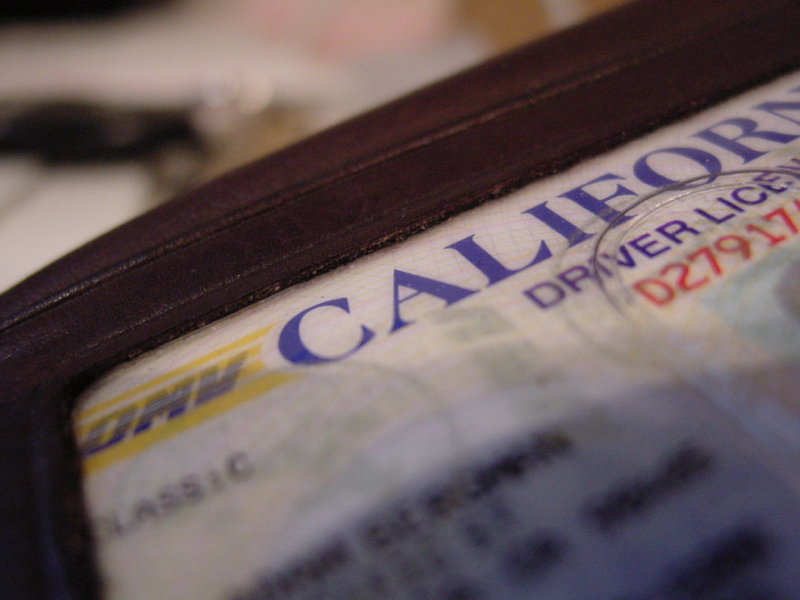On May 19, 2015, the U.S. Department of Homeland Security updated the Frequently Asked Questions section of the U.S. Citizenship and Immigration Services website in connection with driver authorization and driver privilege cards such as the AB 60 driver’s license that the California Department of Motor Vehicles began issuing this year.
Employers presented with a valid AB 60 driver’s license must accept it as an acceptable Form I-9 List B (identity) document, just as they would any other driver’s license. The employer should then review the work authorization document presented for List C to verify it matches the presenter’s name and appears genuine on its face. Employers who discriminate against new hires and employee drivers who present an AB 60 driver’s license could be found liable of violating state law.
However, if there are additional facts (other than the mere presentation of an AB 60 driver’s license alone) that raise suspicion as to work authorization (e.g., employee changes Social Security numbers), the employer should inquire as to those additional circumstances to avoid a finding of constructive knowledge under the federal immigration laws. The FAQ explains the actual and constructive knowledge standards as follows:
Under DHS regulations (8 CFR 274a.1(l)), whether an employer is considered to have actual or constructive knowledge that an employee is not authorized to work is determined on a case-by-case basis and depends upon all of the facts and variables specific to the individual case.
Under 8 CFR 274a.1(l), a knowing hire violation can include, in addition to actual knowledge of unlawful status, constructive knowledge that may be fairly inferred through notice of certain facts and circumstances, which would lead the employer through the exercise of reasonable care, to know about a certain condition. Knowledge that an employee is unauthorized may not be inferred from an employee’s foreign appearance or accent.
The following is an excerpt from the newly published FAQs:
Are driver authorization and driver privilege cards acceptable List B documents?
Yes. A driver authorization or driver privilege card issued by a State or outlying possession of the United States is an acceptable List B document, if it contains a photograph or identifying information such as name, date of birth, sex, height, color of eyes, and address. An employer must examine the document presented by its employee and determine whether it meets Form I-9 requirements. If the employer accepts a driver authorization or driver privilege card as a List B document, the employer must also examine a List C document establishing employment authorization.”
If I accept a driver authorization or driver privilege card as a List B identity document, will that show I knew or should have known that my employee is not authorized to work?
The fact that an employee presents or an employer accepts a driver privilege or authorization card that meets Form I-9 requirements as a List B identity document does not, in and of itself, support a conclusion that the employer had actual or constructive knowledge (i.e. knew or should have known) that an employee is not employment authorized.
Can I refuse to accept a driver privilege or driver authorization card and ask my employee to provide a different document?
No. You must accept any document that satisfies Form I-9 requirements. You may reject a document if it does not reasonably appear to be genuine or to relate to the employee. Rejecting a document that satisfies Form I-9 requirements may constitute illegal discrimination under the Immigration and Nationality Act’s anti-discrimination provision or Title VII of the Civil Rights Act of 1964.


